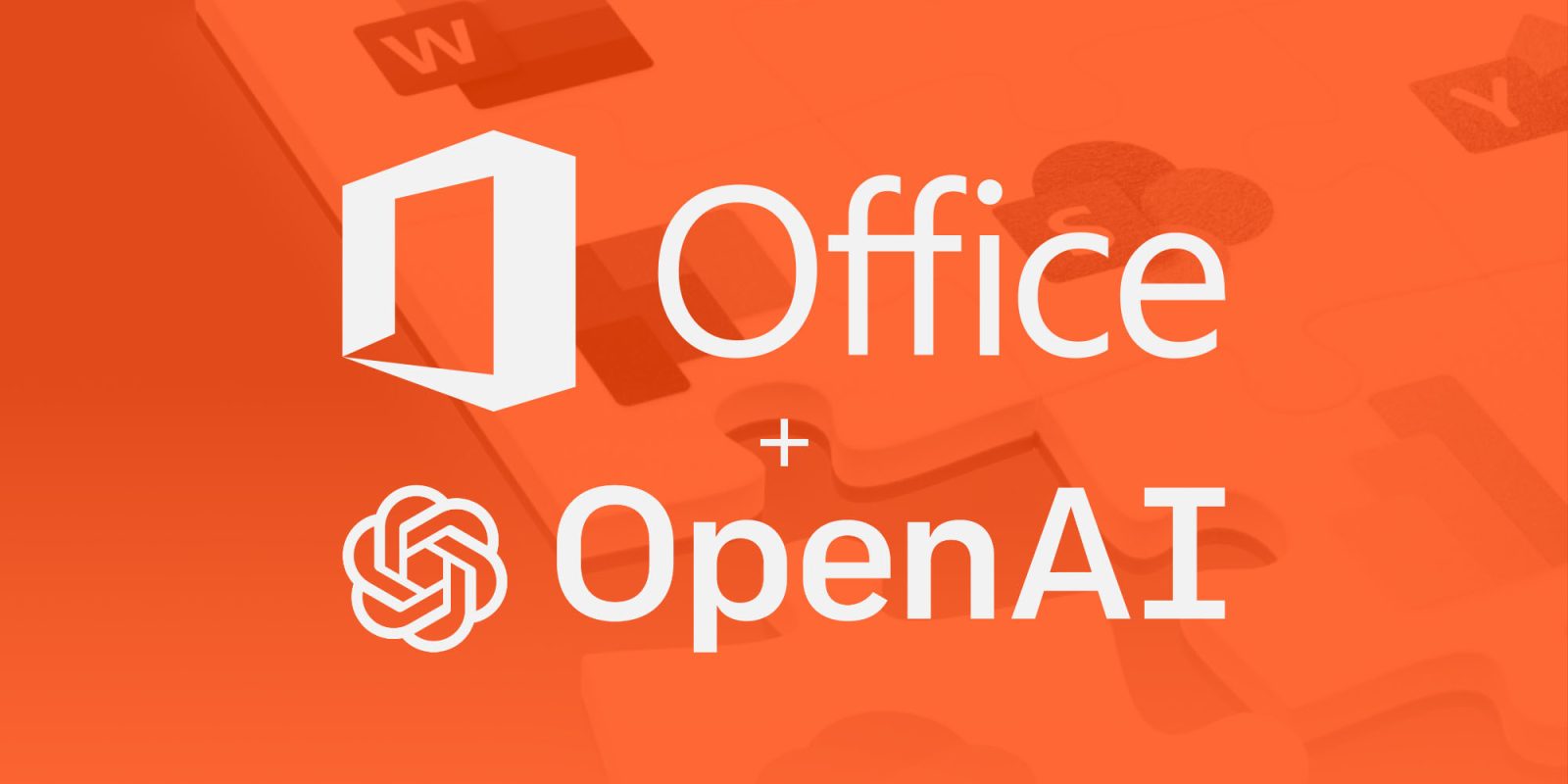
Microsoft has announced the next step it’s taking to evolve its productivity software soon with OpenAI’s latest artificial intelligence tech, GPT-4. The well-known Office apps will be updated with what the company is calling “Copilot” to help with tasks like writing entire documents, summarizing meetings, finding milestones for a project, analyzing strategy risk, and much more.
This story is supported by Mosyle, the only Apple Unified Platform. Mosyle is the only solution that fully integrates five different applications on a single Apple-only platform, allowing businesses and schools to easily and automatically deploy, manage, and protect all their Apple devices. Over 38,000 organizations leverage Mosyle solutions to automate the deployment, management, and security of millions of Apple devices daily. Request a FREE account today and discover how you can put your Apple fleet on auto-pilot at a price point that is hard to believe.
CEO Satya Nadella sat down with Bloomberg’s Emily Chang and detailed the company’s vision for Microsoft Office (now part of Microsoft 365). In “the coming months,” Word, PowerPoint, Excel, and Outlook will be updated with the latest tech from OpenAI to offer the new Copilot AI assistant.
AI-powered assistants called Copilots will be able to generate whole documents, emails and slide decks from knowledge the software has gained scanning corporate files and listening to conference calls. The technology will debut in the coming months, and Microsoft is already testing it with 20 companies, including eight in the Fortune 500 that it declined to name.
Nadella called the move “the next big next for us — to put it in the tools everybody uses every day for their work.” He added that he believes the “new technology will help people create “great content, great documents, great PowerPoints, art,” plus advanced tasks like “sophisticated analysis using natural language queries.”
Another part of the integration will be an app called Business Chat that “acts as a combination chatbot and personal assistant for office workers.”
Using plain English queries, it can be asked to summarize a recent meeting, find upcoming milestones for a project, list risks for a planned strategy and suggest how to mitigate those hazards.
The chatbot can then turn that risks and mitigation plan into an email and create a slideshow to present the plan. The software also has design features so the worker can ask for slides that are lighter or more fun and it will make changes. Within Word, the technology can suggest ways that the worker could rewrite documents to make them better.
The move comes after Microsoft dove headfirst into the generative AI game by integrating ChatGPT into its Bing, Edge, and Skype products.
While there have been some early concerns and strange experiences, Microsoft remains bullish on the focus and says it’s been seeing lots of positive feedback.
The company is putting more than $10 billion into its efforts with OpenAI.
One important feature will be a warning for users to check the AI’s work if it hasn’t been edited by a human.
“It does a lot of amazing things and gets a lot of things right, but it doesn’t get everything right,” said Jon Friedman, a Microsoft vice president who oversaw the design of the assistant. That’s why it’s key that humans have control over the process and how content is used, he said.
The software is designed to remind users to check the AI work, Friedman said. If a worker shares a bot-generated file without editing or altering it, the software makes it clear to other users that it was authored by a Copilot.
What do you think about GPT-4 coming to Microsoft Office soon? Share your thoughts in the comments!
FTC: We use income earning auto affiliate links. More.






